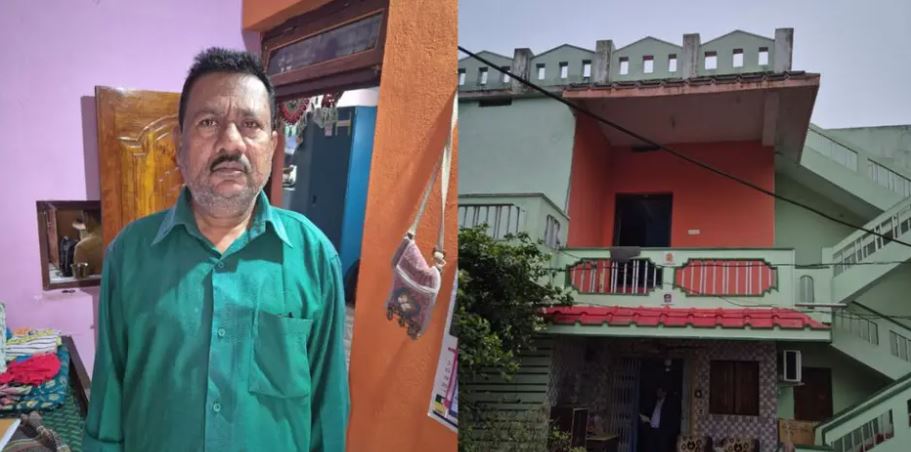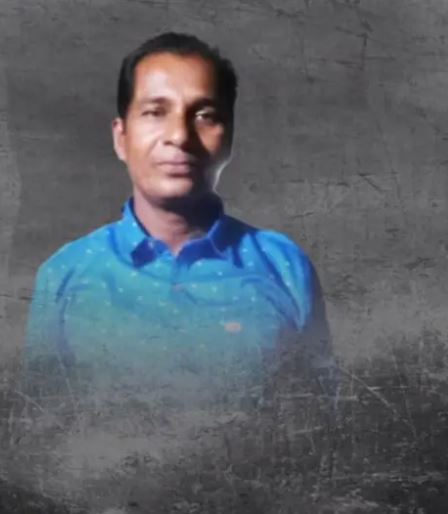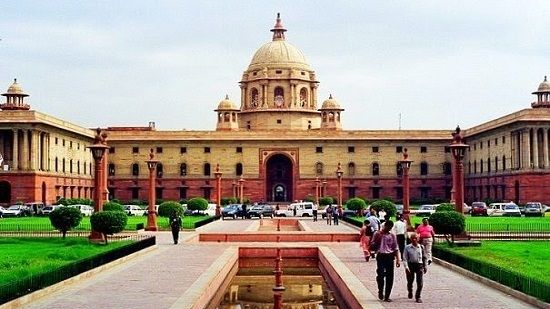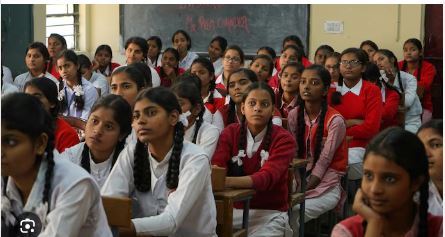
Indian Coast Guard rescues crew of nine after vessel sinks in Arabian Sea
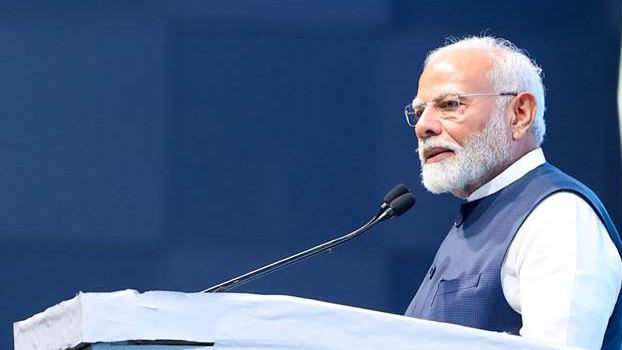
PM to distribute over 50 lakh property cards to owners under SVAMITVA Scheme
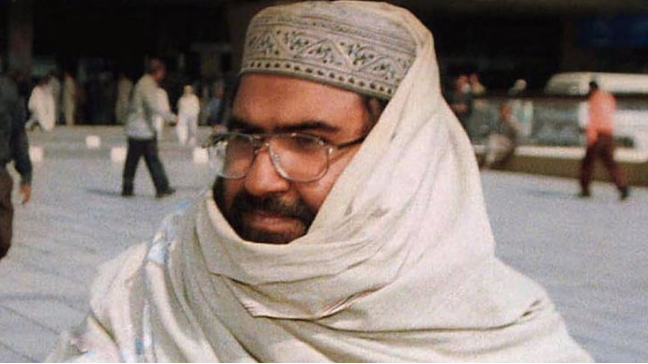
India’s No. 1 wanted terrorist Masood Azhar whereabouts revealed, why is he dangerous?! Read EXCLUSIVE Details
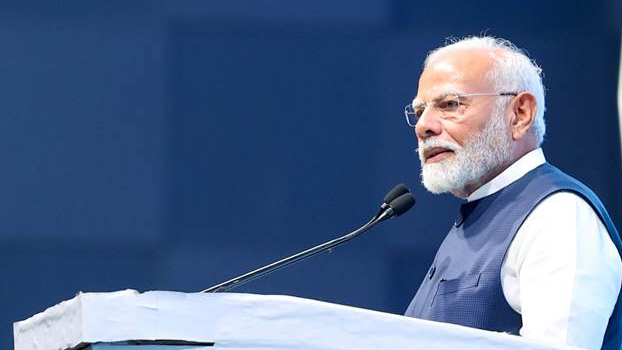
PM Modi highlights critical role of youths in nation’s progress

Tsunami Science: Two decades of lessons learned from the ‘2004 Indian Ocean Disaster’

IRCTC Website Down: Holiday Travel Plans Hit as Railway Booking Platform Faces Major Outage

Salman Rushdie's 'The Satanic Verses' Controversy: Returns to India After 37 Years; Why was it banned, Check details inside

PM Modi to attend Veer Baal Diwas celebrations today, launch ‘Suposhit Gram Panchayat Abhiyan’
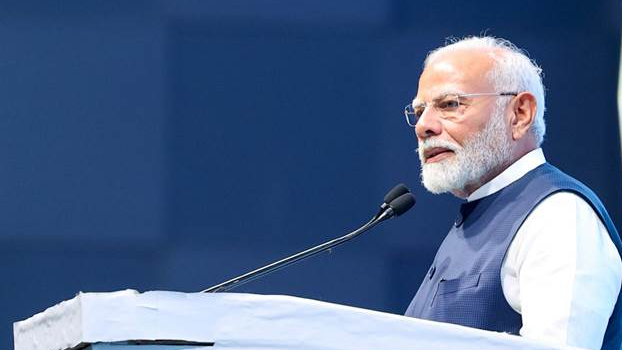
PM Modi extends Hanukkah greetings to Benjamin Netanyahu
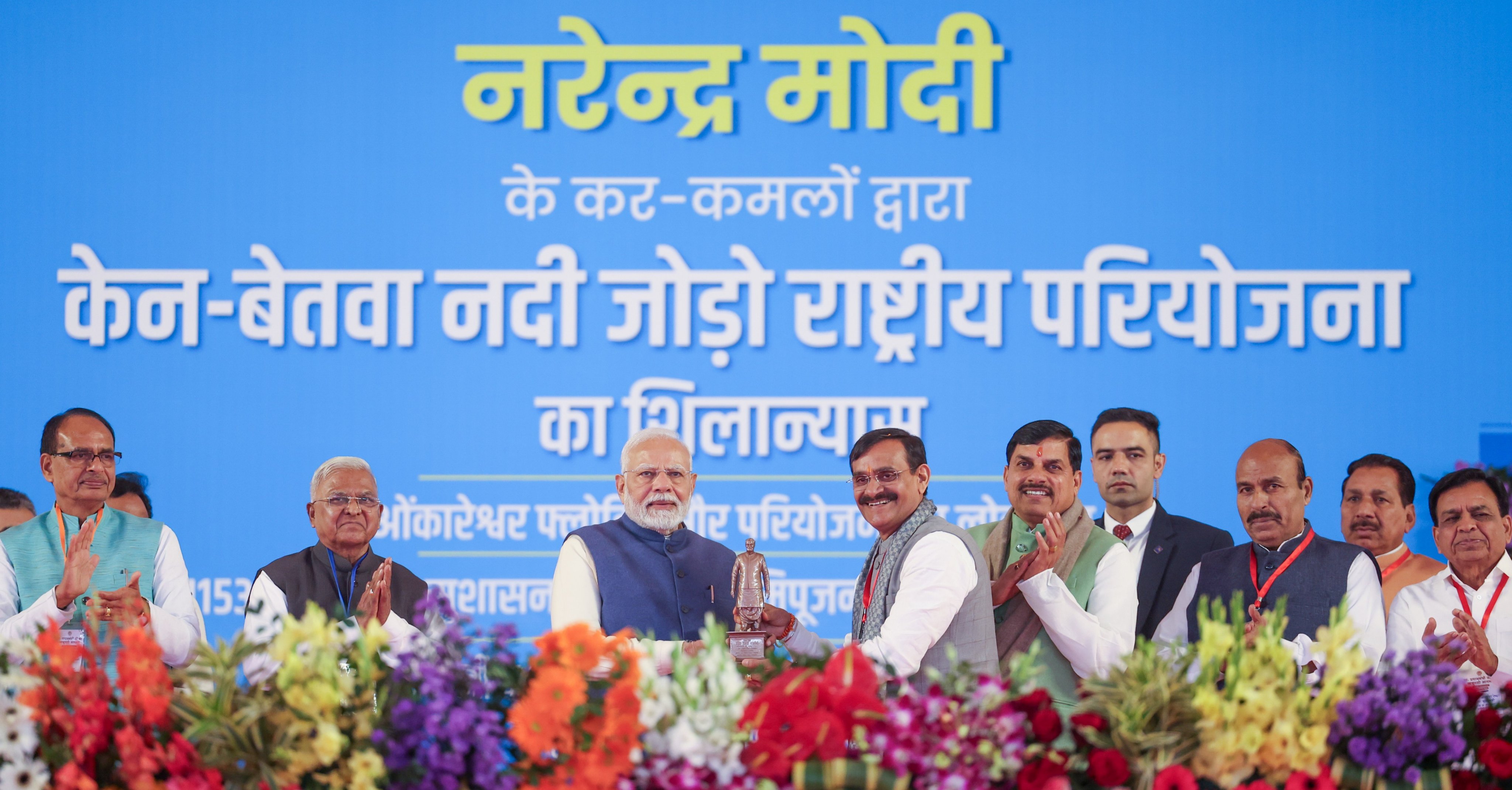
PM lays foundation stone of Ken-Betwa National River Linking Project in Khajuraho

13.41 Lakh new members registered in EPFO during October 2024

Centre releases Rs 455 Cr for Odisha as 15th Finance Commission Grant
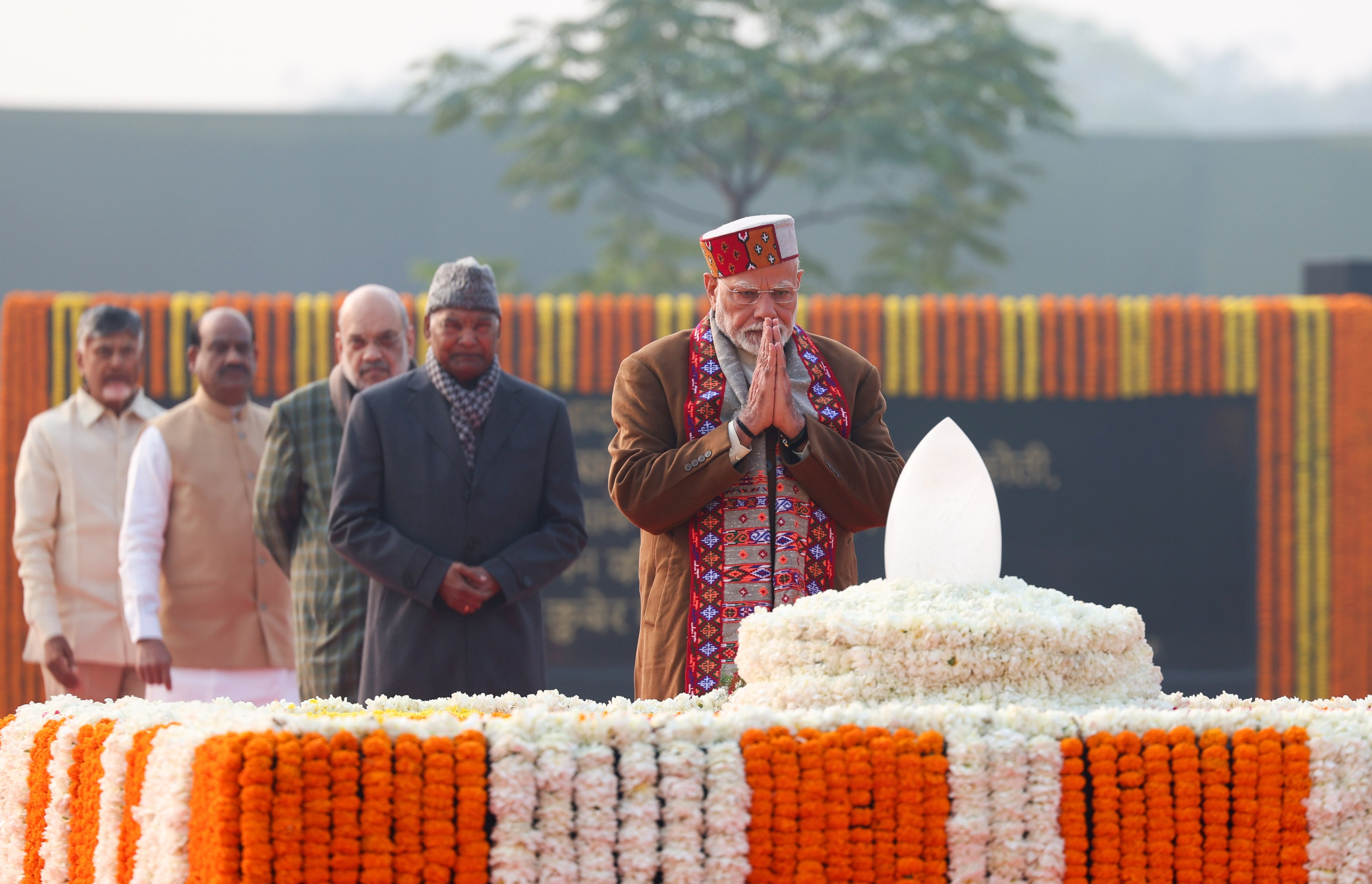
PM Modi pays tribute to former PM Atal Bihari Vajpayee: Pens emotional article on the visionary

Merry Christmas 2024: PM Modi, Odisha CM Mohan Majhi, Congress Prez Mallikarjun Kharge extend Christmas wishes to people
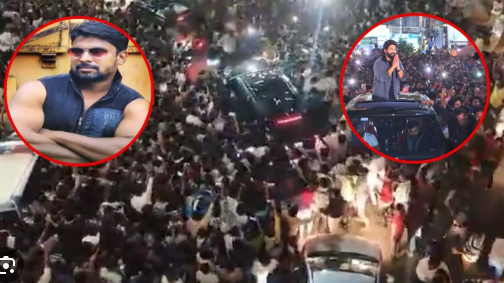
Hyderabad Police confronted star actor Allu Arjun with what before arresting his security head Anthony? EXCLUSIVE details inside!
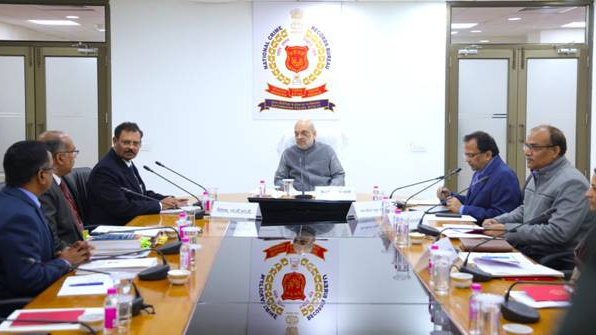
Shah reviews implementation of three new criminal laws with NCRB
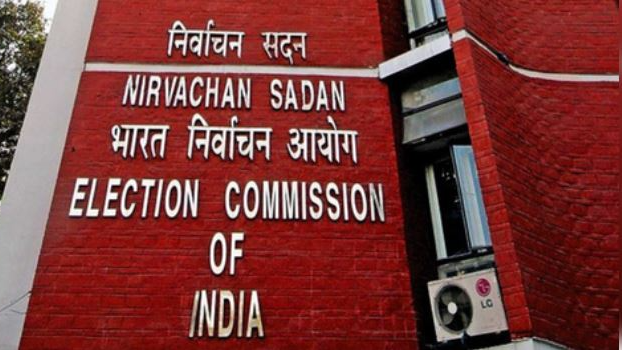
ECI clarifies voter turnout procedures in Maharashtra elections

Will India railways be accident free by 2047 - 'Developed India dream year'? Read EXCLUSIVE Details!
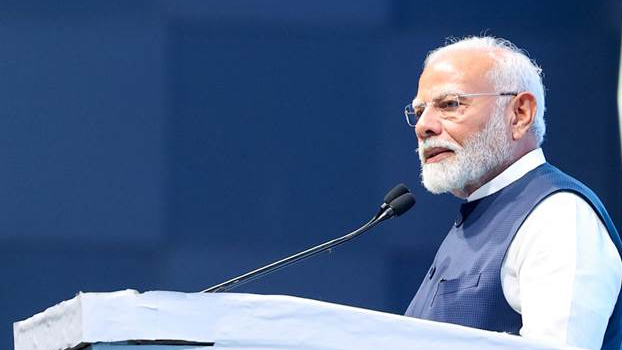
Rozgar Mela: PM Modi distributes 71,000 appointment letters to recruits

What CCTV videos of Sandhya Theatres show, Will Hyderabad Police arrest star actor Allu Arjun again?

